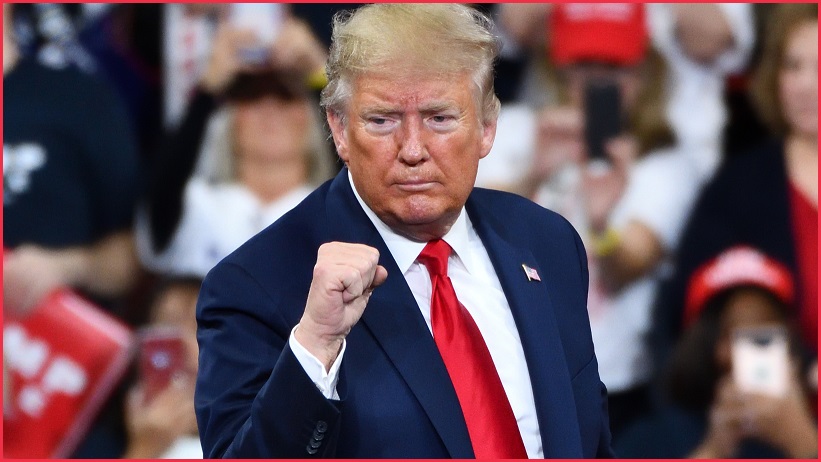Facebook has been forced to do a backflip and take a more proactive approach in policing hate speech and misinformation on its platform with “no exceptions” for politicians, following a large-scale advertiser boycott.
A number of huge companies, including Coca-Cola, Unilever, Honda, Hershey, Verizon, Pepsi and Lululemon have joined more than 100 businesses in suspending advertising on Facebook due to the social media giant’s refusal to fact-check US President Donald Trump on the platform and remove his and others’ hate speech.
The #StopHateforProfit campaign called on advertisers to not utilise Facebook for all of July in order to “stand in solidarity with our most deeply-held American values of freedom, equality and justice”.
Coca-Cola agreed to take part in the campaign, also suspending advertising on Instagram and other social media platforms.
“We will take this time to reassess our advertising standards and policies to determine whether revisions are needed internally, and what more we should expect of our social media partners to rid the platform of hate, violence and inappropriate content,” the company said.
“We will let them know we expect greater accountability, action and transparency from them.”
While its rival Twitter has begun to flag Trump’s posts that break its rules and include fact checks on his tweets, Facebook boss Mark Zuckerberg has been steadfast in allowing the exact same posts to stay on Facebook unamended, arguing that tech companies should not be the arbiters of truth.
This was met with widespread backlash and anger, and eventually to the advertiser boycott.
Facebook’s next move
Following the series of large companies pausing their campaigns on Facebook, Zuckerberg announced the company would be taking a series of steps to combat misinformation and hate speech on the platform, specifically related to the upcoming 2020 US presidential election.
Facebook will now start labelling the posts by prominent figures that break their rules, saying that the only reason it is still online is because it is “newsworthy”.
“A handful of times a year, we leave up content that would otherwise violate our policies if the public interest value outweighs the risk of harm,” Zuckerberg said.
“Often, seeing speech from politicians is in the public interest, and in the same way that news outlets will report what a politician says, we think people should generally be able to see it for themselves on our platform.
“This doesn’t apply to content deemed to incite violence or suppress voting, which will be removed entirely.”
These rules will apply to all Facebook account holders, including Donald Trump, Zuckerberg said.
“Even if a politician or government official says it, if we determine that content may lead to violence or deprive people of their right to vote, we will take that content down,” he said.
“Similarly, there are no exceptions for politicians in any of the policies I’m announcing here today.”
This new policy would mean that a link including information on voting would have been included on Trump’s now-notorious post on mail-in ballots, which lead Twitter to include a fact-check on the post.
Facebook will also kick its Elections Operations Center into gear 72 hours before the November election to quickly respond and remove false claims about polling conditions, such as false posts about ICE agents checking for immigration papers at polling places, Zuckerberg said.
Facebook will be partnering with state election authorities to determine what information is accurate.
“We know this will be challenging in practice as facts on the ground may be uncertain and we don’t want to remove accurate information about challenges people are experiencing, but we’re building our operation to be able to respond quickly,” Zuckerberg said.
Facebook will also be banning a wider range of hateful content in ads posted on the platform, including claims that people from a specific race, ethnicity, national origin, religious affiliation, caste, sexual orientation, gender identity or immigration status are a threat to the physical safety, health or survival of others.
“We’re also expanding our policies to better protect immigrants, migrants, refugees and asylum seekers from ads suggesting these groups are inferior or expressing contempt, dismissal or disgust directed at them,” Zuckerberg said.










